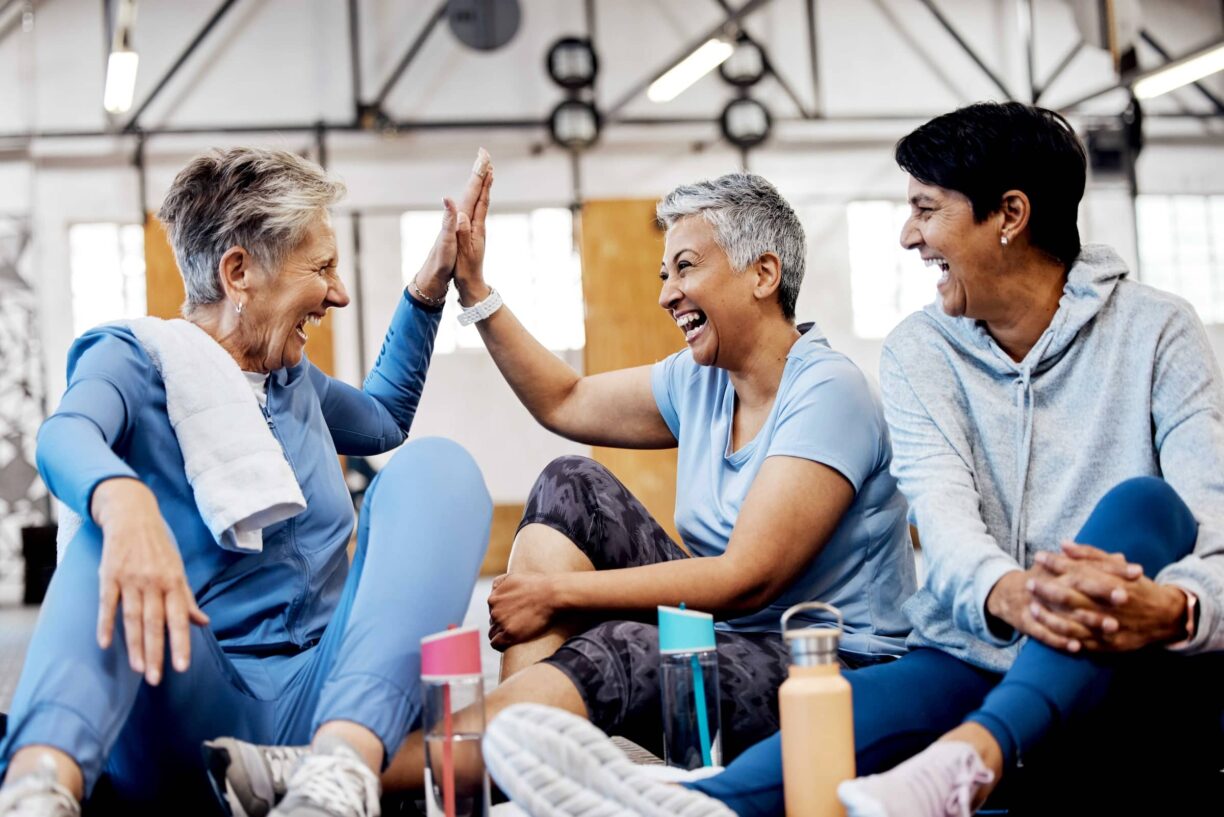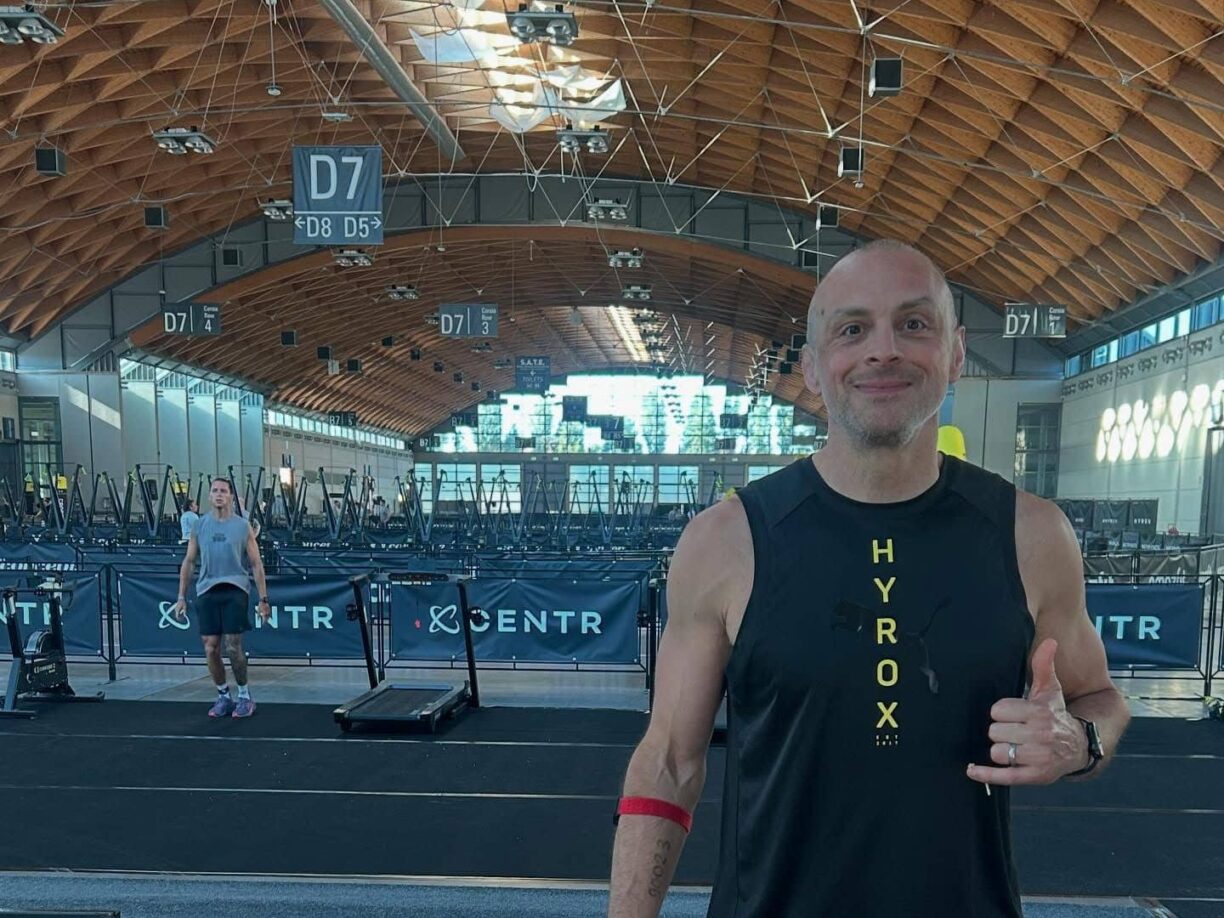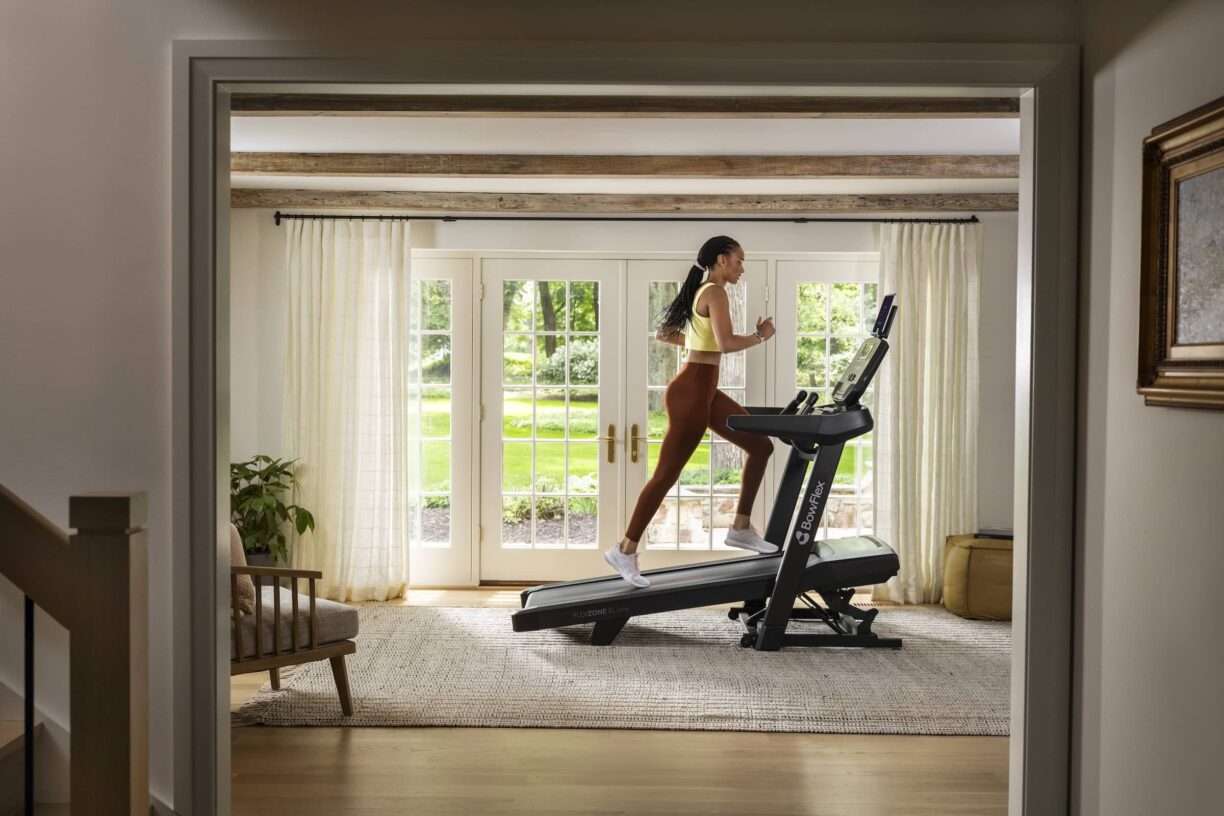A nationwide study conducted by OnePoll on behalf of AI fitness app Freeletics, has found that 70% of Brits plan to prioritise their mental and physical health even after the pandemic, with 64% of respondents claiming that their mental health has become more of a priority in the past year.
The survey, which investigated the impact COVID-19 has had on the physical and mental wellbeing of the nation, also found that 73% of Brits exercised on average four days a week during the past year of the pandemic, with 75% of respondents walking for fitness.
Other popular activities included running (26%), yoga and meditation (19%), hiking (17%) and HIIT / bodyweight training (16%).
An overwhelming 69% of respondents agreed that they prefer to exercise alone, with only 13% strongly looking forward to group fitness in the future.
Well over half of those surveyed (57%) agreed that home workouts have made it easier to maintain a fitness regime over the last year, with 43% even stating that they feel the pandemic has made fitness more accessible, despite gyms being closed.
This is not entirely surprising, considering that 49% of Brits say the pandemic has helped them realize they no longer need a gym to get fit.
The top benefits of working out at home included time flexibility (38%), improved mental health (26%), and a large variety of fitness activities to try (25%).
One quarter of respondents also agreed that not feeling judged like they would in a gym setting was one of the biggest benefits of at-home workouts.
And almost half (45%) of Brits agreed that the pandemic helped them work on their body image and self-confidence, with 39% of them citing home workouts as the reason for this.
Furthermore, the survey showed that 67% of Brits now exercise to improve their health overall and 47% to boost their mental health and de-stress.
Interestingly, losing weight was seen as more of an afterthought, as it was only the third most popular reason (44%) to roll out the mat.
“It’s clear that over the past year, people have become more aware of their physical and mental health,” says Dr. Kianoush Missaghi, Senior Training Experience Manager at Freeletics.
“The closure of gyms has forced people to embrace other ways of keeping fit, and inevitably led many to discover that you don’t necessarily need a gym to improve your health and fitness.
Just because you’re not in a gym, doesn’t mean your workouts can’t be personalized and effective.
As a result, the pandemic has created a boom in digital fitness which will shake up and revolutionise the fitness industry for years to come.”
“It’s also encouraging to see that mental health and mindfulness have become more of a priority over the last year,” Dr. Missaghi continues.
“Being isolated has taken a mental and physical toll on us and lockdown has undoubtedly caused a lot of stress and anxiety.
The good news is that many Brits found that regular exercise helped them deal with this, and 62% enjoyed the feeling of control that exercise has given them during the pandemic.
Hopefully this focus on mental wellbeing through exercise is also a trend that will continue well into the future.”
Frontline NHS doctor and Freeletics brand ambassador Dr Emeka Okorocha also added that “the past year has been challenging to say the least, but it has become evident that people are now looking for ways to invest in their physical and mental health to safeguard their futures.
Lockdown and working from home have given people the flexibility and time to make fitness a part of their everyday life, and post-pandemic this will be instrumental to getting the nation back on its feet and helping to lessen the cost to the NHS.”
“The benefits of exercise for your physical and mental health are endless and with the pandemic highlighting the increased appetite for fitness, as well as the realisation that you don’t always need access to a gym to get fit, we’re really onto a winner.”
Offering the utmost flexibility when it comes to fitness, Freeletics – the #1 fitness app in Europe – provides an unparalleled level of personalised fitness coaching to over 51 million users worldwide.
Thanks to its AI technology, the app can create an almost infinite number of workout combinations tailored to each user.
For more information on Freeletics, please visit www.freeletics.com. To download the Freeletics app for free, visit the App Store or Google Play Store.





